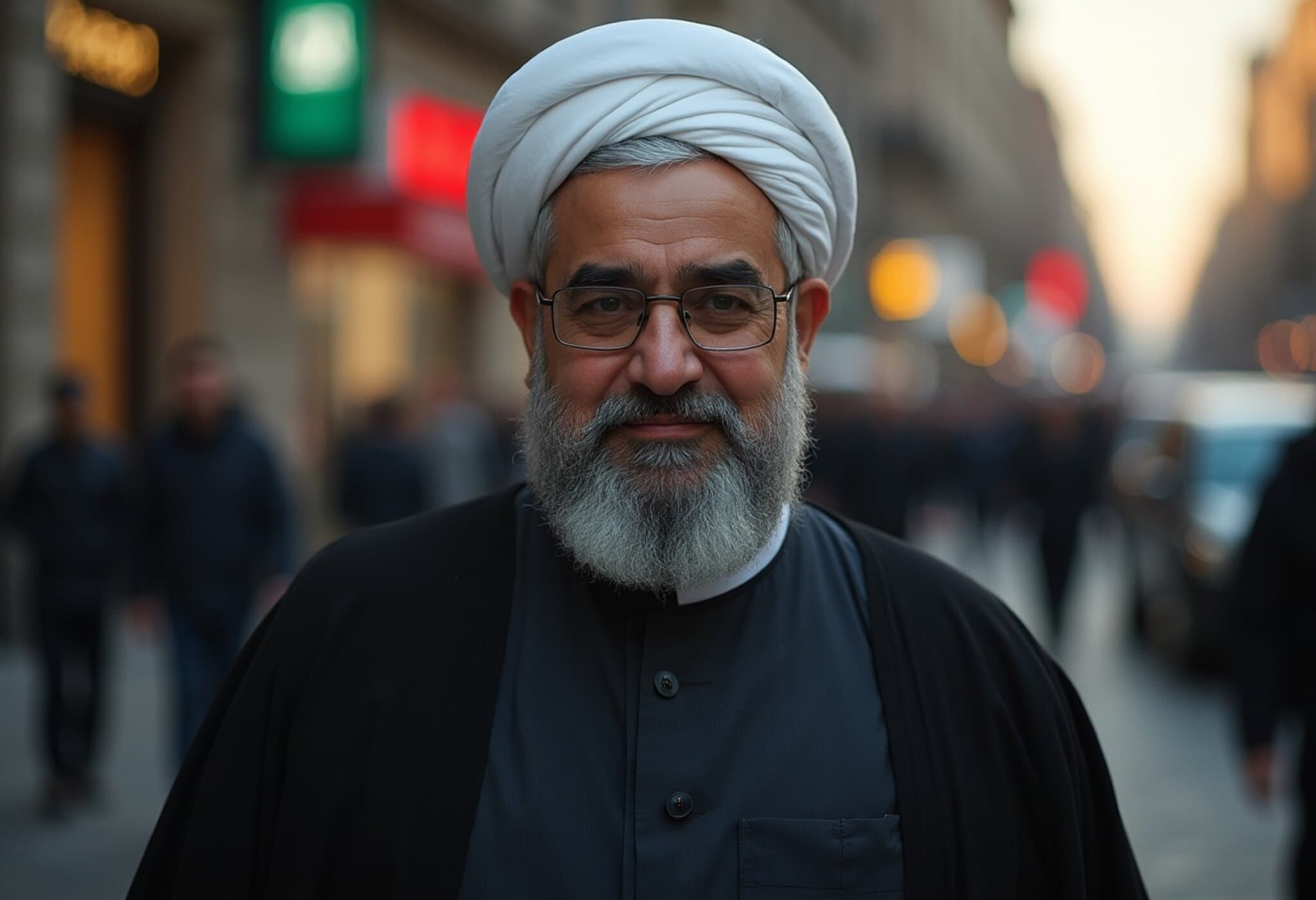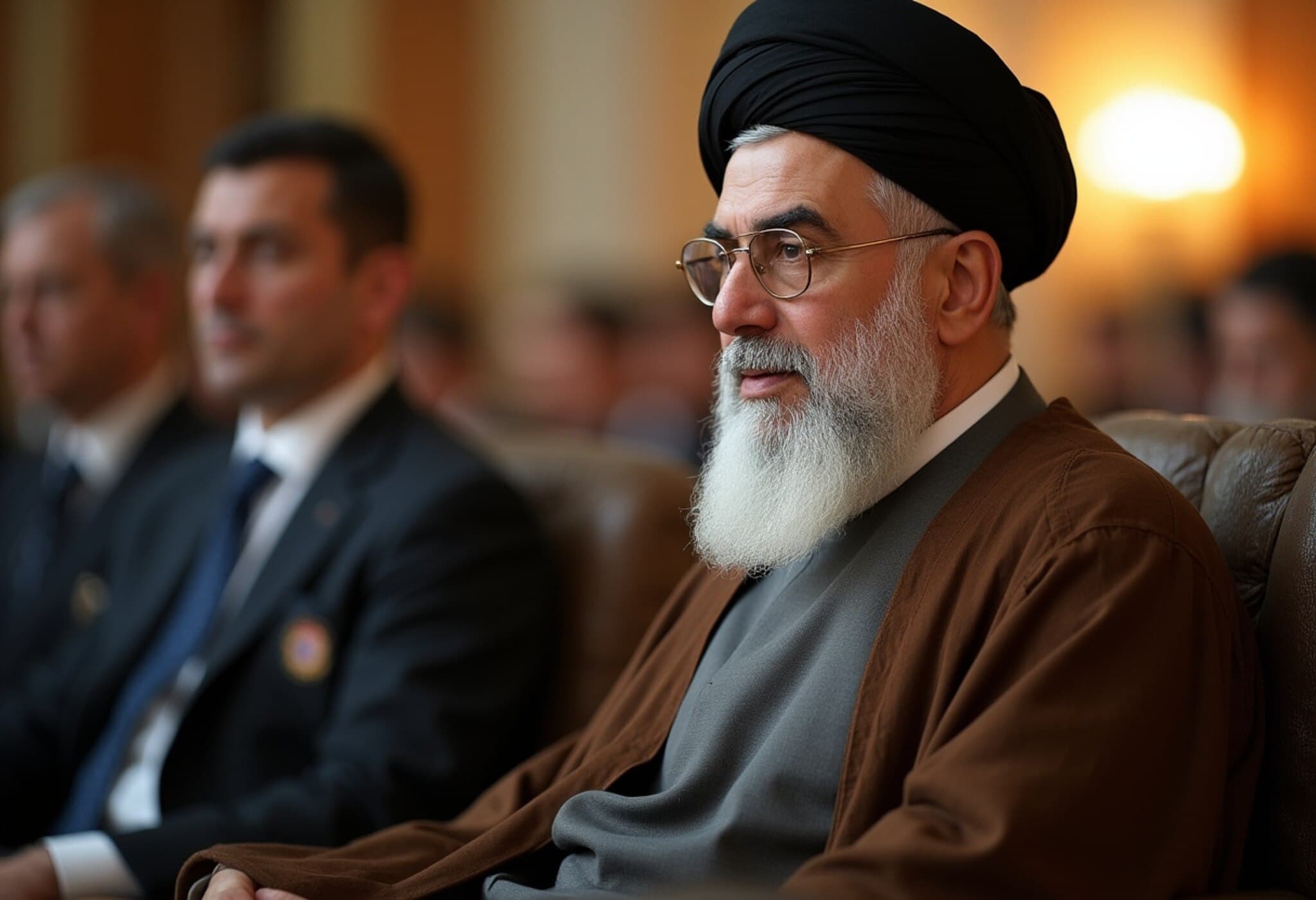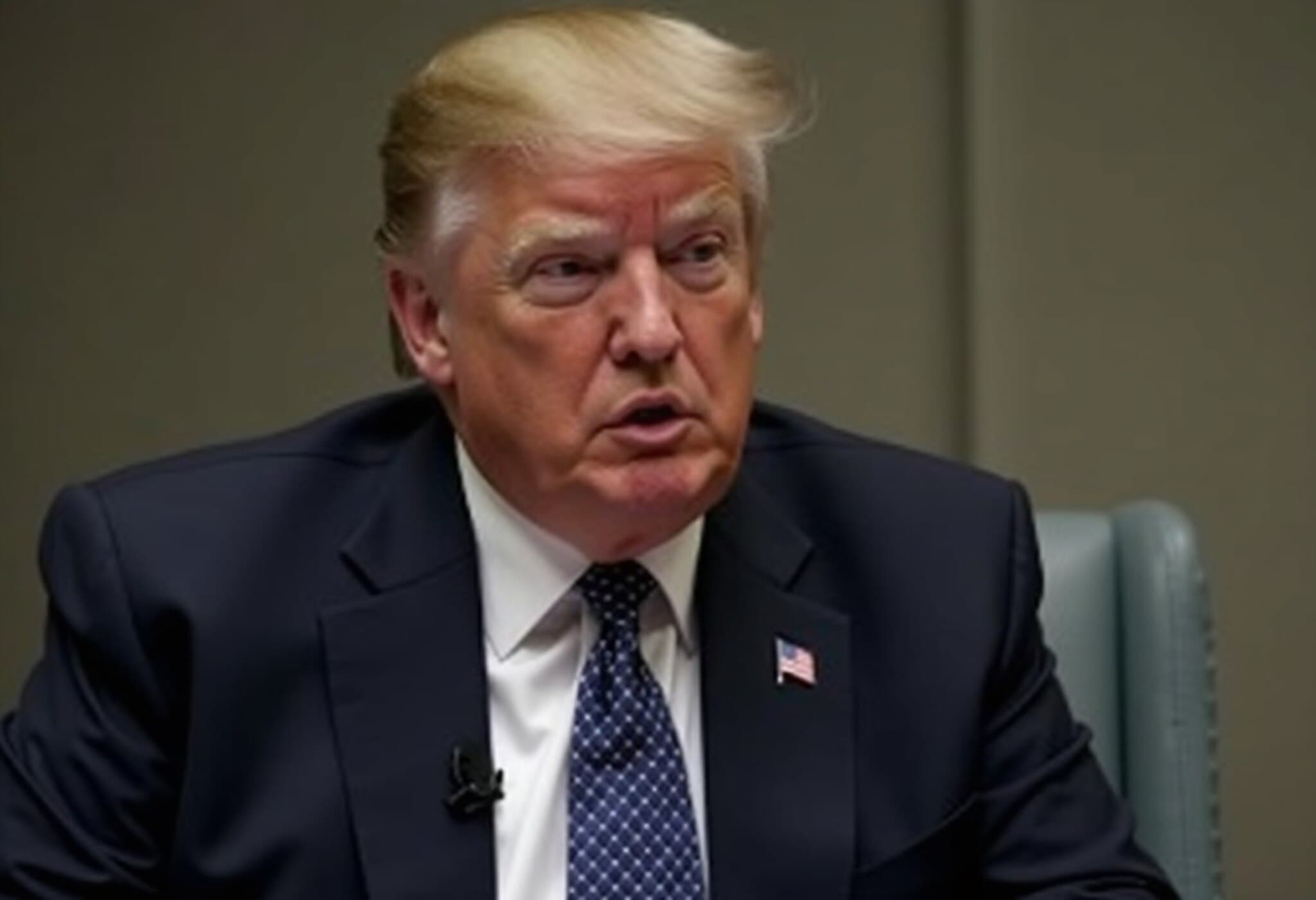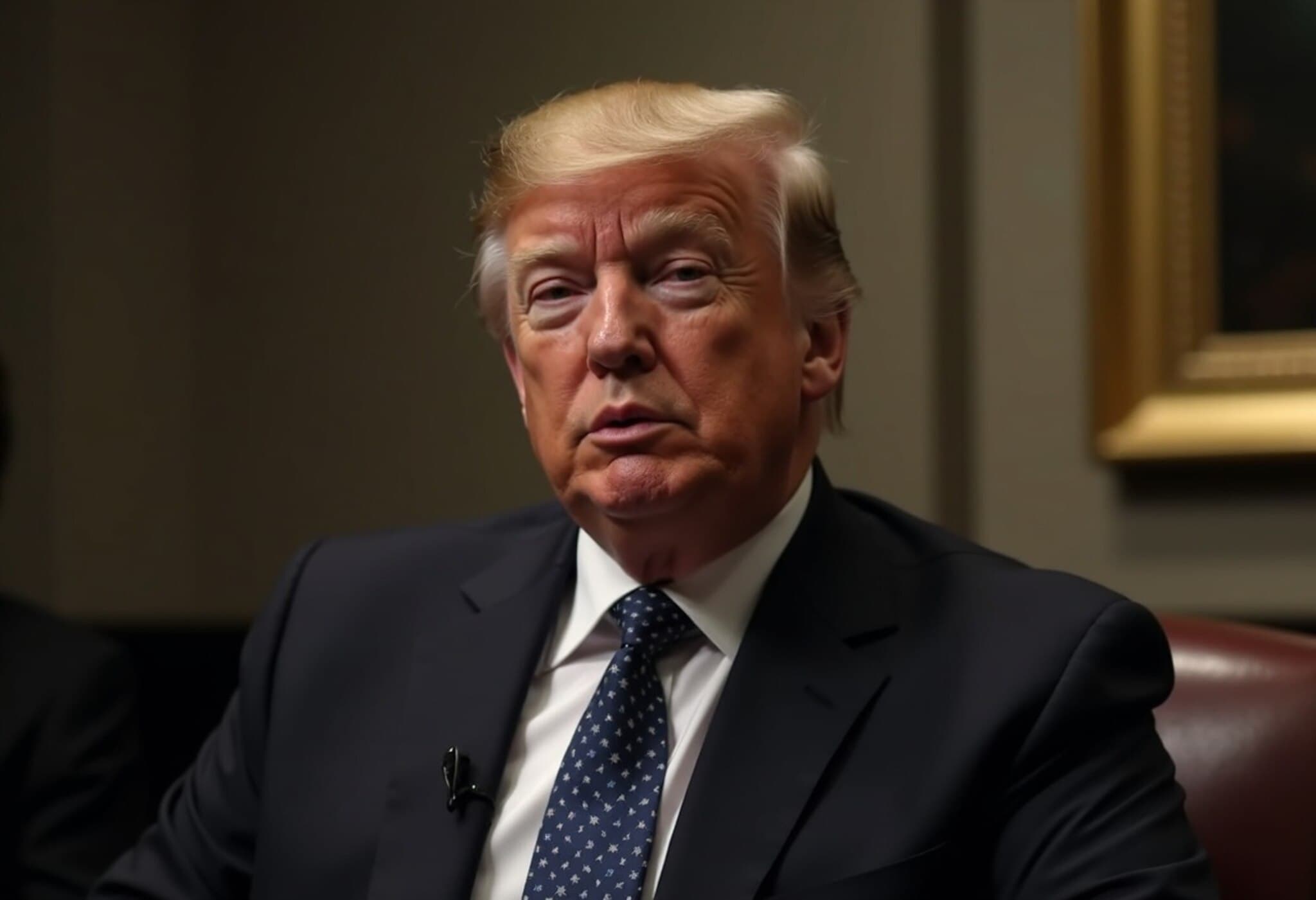Iran’s Heightened Spy Concerns Amid Rising Tensions
As tensions escalate between Iran and Israel, Iranian authorities have ramped up efforts to crack down on suspected espionage activities within their borders. Amid missile strikes and political friction, fears of Mossad operatives infiltrating Iran have led to a wave of arrests, especially in Tehran.
Arrests on Suspicion of Espionage
Since the recent surge in hostilities, 28 individuals have been detained in Tehran on charges of suspected spying for the Israeli intelligence agency, Mossad. Authorities remain vigilant, concerned that foreign agents could be gathering intelligence or smuggling weapons into the country.
Psychological Security Under Threat
Beyond Tehran, repression has extended to other cities like Isfahan, where over 60 arrests were made targeting people accused of spreading content that allegedly supports Israel. Iranian officials argue that these activities undermine the psychological security of society. In response, a special unit within Tehran's prosecutor's office is actively monitoring media outlets and prominent social media users, escalating crackdowns with arrests and formal warnings.
Spotting a Spy: Iran’s Public Alert
In a unique move, Iran’s government has released detailed guidelines to help citizens identify potential Mossad operatives. These advisories advise people to be wary of suspicious behavior, particularly individuals:
- Wearing masks, goggles, hats, or sunglasses, even at night
- Driving pickup trucks or carrying large bags
- Filming near sensitive areas such as military or industrial sites
- Receiving frequent courier packages
Additionally, residents have been urged to report unusual noises from homes, like persistent banging or metal sounds, and houses that keep curtains drawn during daylight. These signs are seen as possible indicators of covert activities.
The Broader Context: A Fragile Regional Situation
The spying concerns come amid a volatile regional backdrop. Iran and Israel have been exchanging hostilities for nearly a week, with rising fears of conflict spillover across West Asia. International actors, including the United States, have been pushing for a ceasefire to de-escalate the precarious situation.
In this tense environment, Iran’s aggressive stance against suspected espionage reflects both immediate security concerns and broader efforts to maintain internal stability amidst heightened external threats.



















